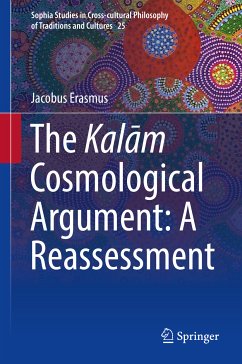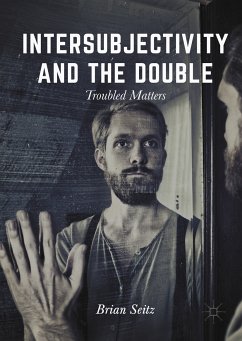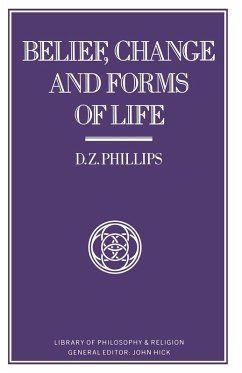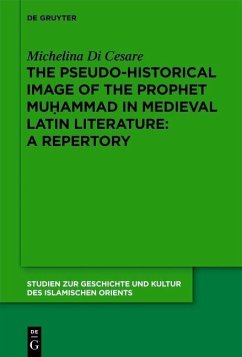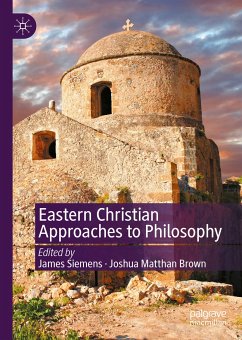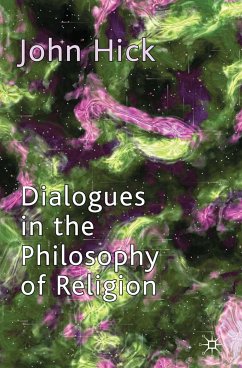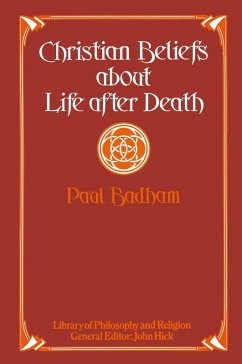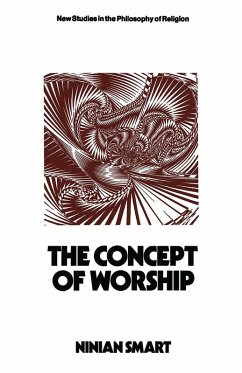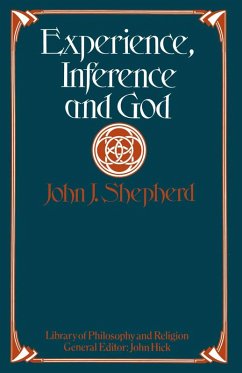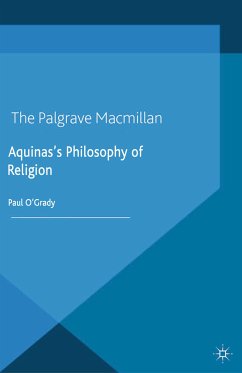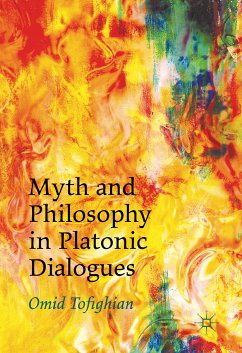
Myth and Philosophy in Platonic Dialogues (eBook, PDF)
Versandkostenfrei!
Sofort per Download lieferbar
40,95 €
inkl. MwSt.
Weitere Ausgaben:

PAYBACK Punkte
20 °P sammeln!
This book rethinks Plato's creation and use of myth by drawing on theories and methods from myth studies, religious studies, literary theory and related fields. Individual myths function differently depending on cultural practice, religious context or literary tradition, and this interdisciplinary study merges new perspectives in Plato studies with recent scholarship and theories pertaining to myth. Significant overlaps exist between prominent modern theories of myth and attitudes and approaches in studies of Plato's myths. Considering recent developments in myth studies, this book asks new qu...
This book rethinks Plato's creation and use of myth by drawing on theories and methods from myth studies, religious studies, literary theory and related fields. Individual myths function differently depending on cultural practice, religious context or literary tradition, and this interdisciplinary study merges new perspectives in Plato studies with recent scholarship and theories pertaining to myth. Significant overlaps exist between prominent modern theories of myth and attitudes and approaches in studies of Plato's myths. Considering recent developments in myth studies, this book asks new questions about the evaluation of myth in Plato. Its appreciation of the historical conditions shaping and directing the study of Plato's myths opens deeper philosophical questions about the relationship between philosophy and myth and the relevance of myth studies to philosophical debates. It also extends the discussion to address philosophical questions and perspectives on the distinctionbetween argument and narrative.
Dieser Download kann aus rechtlichen Gründen nur mit Rechnungsadresse in A, B, BG, CY, CZ, D, DK, EW, E, FIN, F, GR, HR, H, IRL, I, LT, L, LR, M, NL, PL, P, R, S, SLO, SK ausgeliefert werden.



